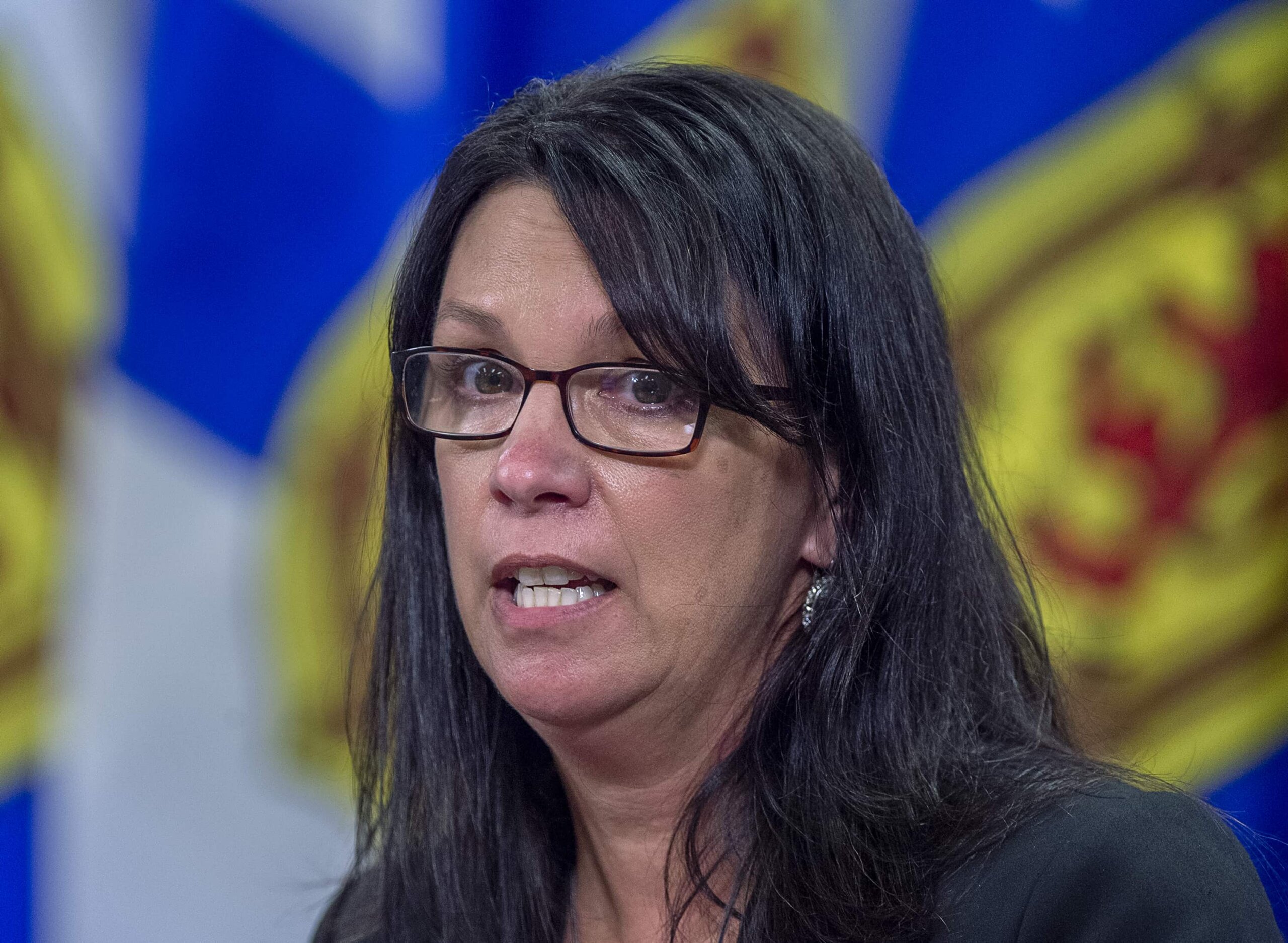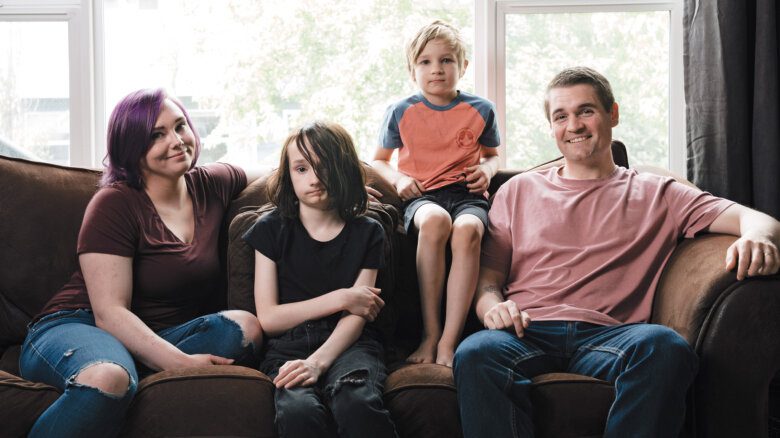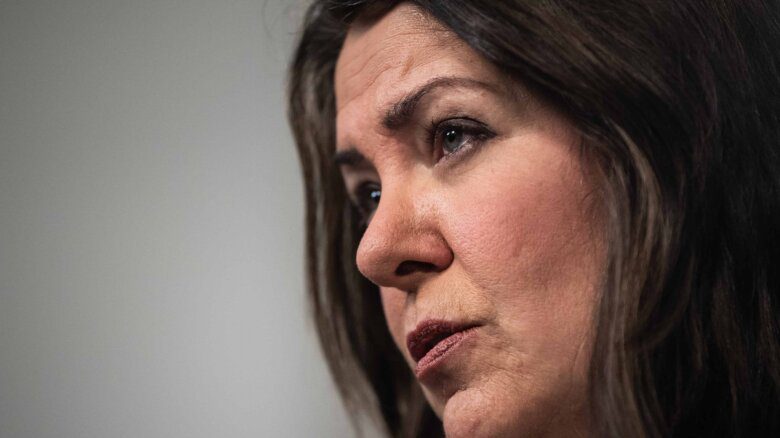Nova Scotia has eliminated its multiple-letter requirement for people seeking gender-affirming surgery, a long-awaited move that some say will help reduce delays and barriers for many patients in the province.
Previously, applications for gender-affirming surgery in Nova Scotia required a mental health assessment letter, a second letter of support from a specialist and a third letter from a clinic or family doctor confirming they would take on follow-up care. But in a July 20 announcement from Nova Scotia health authorities, patients receiving surgery in the province will now only be required to submit a mental health assessment letter.
Those seeking care outside of Nova Scotia will only be required to submit two of those letters, but the letter of support is also no longer necessary.
Moreover, the province has expanded the list of healthcare practitioners who can provide that mental health assessment letter. Now physicians, nurse practitioners and specialists with training in gender-affirming care can provide the document.
In a statement, the province noted it’s a move that will “significantly reduce wait times,” where people in the province often faced “six to 18 months” of waiting before they could see a specialist.
Gender Affirming Care Nova Scotia (GACNS), a four-person volunteer group that fights for trans, gender-diverse and intersex rights, has been lobbying for this change for years. In an interview, its executive director, Riley Nielson-Baker, says the organization was pleased by the announcement.
“We know that these barriers that they just removed have been some of the highest, and really just denying people access to the healthcare that they need to live,” Nielson-Baker tells Xtra in a phone interview. “They gave us a lot of hope to see that, finally, the province is moving. For them to adopt the exact recommendations the GACNS was putting out there is incredibly exciting.”
The changes stand to make a major impact in Nova Scotia, which has the highest proportion of trans and non-binary people in Canada, according to data released by Statistics Canada in April. One in 200 people aged 15 and older in the province self-identified as trans or non-binary in the census. The census also indicated that Halifax has the second largest proportion of gender-diverse people in the country, behind Victoria. Around 4,800 Halifax residents are trans or non-binary.
“This is the first step in a very, very long marathon.”
LGBTQ2S+ advocates say they hope that Nova Scotia’s move isn’t just a “one-off,” since there’s much more work to be done in making healthcare equitable. “This is the first step in a very, very long marathon,” Nielson-Baker says. “We hope that this is a sign of what more is to come.”
Recently, other provinces in Canada have made similar strides in reducing the barriers LGBTQ2S+ people face in receiving gender-affirming care and proper legal recognition for their identities.
Back in May, Quebec amended a prospective bill that would have required trans and non-binary people to undergo gender reconstructive surgery in order to change their sex on official documents. Dubbed Bill 2 and originally introduced in October, it would have required pre-op trans people who updated their gender markers to list both a “sex” and a “gender” on their IDs.
In 2021, Yukon became Canada’s “gold standard,” according to some experts, for introducing the country’s most comprehensive gender-affirming care policy. After being in the works since 2019, the document expanded healthcare coverage in the territory to include a more comprehensive list of surgeries and procedures; this included voice training and facial feminization surgery, which are classified as elective procedures in most parts of Canada.
“Yukon has been a trailblazer … and continues to be one with this,” Dr. Michael Marshall, who helped write the territory’s policy, told CBC News last year. “This policy has placed itself well ahead of the rest of the provinces and territories in Canada.”
But across the country, there’s still much more work to be done.
Nearly half of trans Canadians have seriously considered taking their own lives, according to Statistics Canada, but the Centre for Suicide Prevention indicates a completed medical transition can reduce that risk. A 2013 study from community-based research project Trans PULSE showed that people who wanted to transition medically but were waiting for surgery were the most vulnerable to suicidal ideation, with nearly 30 percent attempting to end their lives within the prior year.
Nielson-Baker says that one step provinces must take is expanding what services are covered financially. While many provinces cover genital and chest surgery, several parts of Canada expect the patient to fund other necessities and procedures—including travel, tracheal shaving and hair removal.
“This entire work is focused on health equity and access,” Nielson-Baker says. “While there is a doctor shortage and a healthcare crisis here, it’s more severe for the queer community, especially the trans, intersex and non-binary community.”
Since Nova Scotia still requires patients to get a mental health assessment letter, Nielson-Baker would like to see additional changes in evaluating someone who is seeking gender-affirming care. While much of the discussion is based around alleviating the gender dysphoria experienced by some patients, they believe that “euphoria is just as good, if not a better measure, of gender-affirming care needs.”
“By refocusing our conversations about the euphoria that people experience instead of just the dysphoria, we can help create a more accurate recommendation, a more accurate profile, of someone’s individual needs, and then provide them the care that they actually need to live their best lives,” Nielson-Baker says.


 Why you can trust Xtra
Why you can trust Xtra


